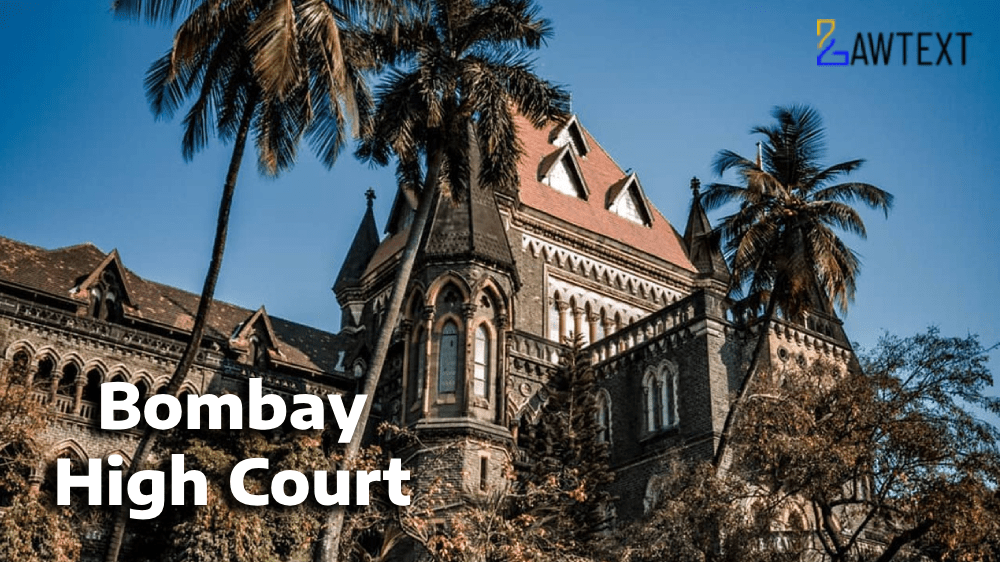

This judgment addresses the eligibility of a married sister for compassionate appointment after the demise of her unmarried brother, who was a government employee. Despite the hyper-technical view taken by authorities, the court ruled that compassionate appointment policies should be read fairly and reasonably, promoting justice for dependents. The decision relied on the precedent set in Swapanali Shekhar Kalbhor vs. State of Maharashtra (2017), affirming that excluding a married sister from the scheme is arbitrary and violative of constitutional principles under Articles 14 and 16.
The court references the decision in Swapanali Shekhar Kalbhor (2017), where the Division Bench had established that hyper-technical interpretation of policies should not be applied in matters of compassionate appointment. The petitioner in that case, a married sister, was granted appointment after her unmarried brother’s death.
The petitioner, a married sister of the deceased employee, sought compassionate appointment after her brother’s death. She was appointed by the respondent organization, but later faced a departmental inquiry questioning her eligibility, citing the policy restrictions in Government Resolutions dated 21-9-2017 and 31-12-2002, which seemingly restricted compassionate appointment to unmarried sisters.
The court expressed its disappointment that despite previous rulings, authorities continued to misinterpret the compassionate appointment policy. The petitioner was subjected to unnecessary inquiry despite her valid appointment and approval by the Education Officer.
The inquiry report concluded that the petitioner’s appointment was fraudulent because she was married and had a surviving brother. However, the court found that the surviving brother did not stake any claim, and the petitioner had the right to seek appointment under compassionate grounds, citing the previous ruling in Swapanali Shekhar Kalbhor.
The court reiterated that the compassionate appointment policy must be interpreted consistently with Articles 14 and 16 of the Constitution, ensuring non-discrimination and equal opportunity. Excluding a married sister from eligibility when she is the only dependent violates constitutional guarantees of equality.
The court quashed the inquiry report and upheld the petitioner’s appointment, directing the authorities to confirm her position as Assistant Teacher. The court reaffirmed that compassionate appointments should not be denied on hyper-technical grounds, especially when the petitioner is the only surviving family member able to care for the deceased’s dependents.
Articles 14, 15, and 16 of the Constitution of India – The court emphasized that denying the claim of a married sister for compassionate appointment based on policy is arbitrary and violates the equality and non-discrimination principles.
Directive Principles of State Policy – Articles 39, 40, 41, and 43 were invoked to stress that the compassionate appointment scheme aims to provide social security to dependents of deceased government employees.
The compassionate appointment policy, designed to provide assistance to the family of deceased employees, must be interpreted fairly. Hyper-technical exclusions, such as disqualifying a married sister when no other eligible family members exist, contravene constitutional principles of equality (Articles 14 and 16) and the Directive Principles of State Policy. The court ruled that compassionate schemes should not be interpreted in ways that frustrate their underlying humanitarian purpose.
Compassionate Appointment, Constitutional Law, Employment Law
Compassionate Employment, Government Policy, Article 14, Article 16, Humanitarian Law, Judicial Interpretation, Gender Equality in Employment
Citation: 2024 LawText (BOM) (10) 114
Case Number: WRIT PETITION NO. 6054 OF 2024
Date of Decision: 2024-10-11
Case Title: Lina Vishwanath Yerme Versus The State of Maharashtra & Anr.
Before Judge: BHARATI DANGRE & ABHAY J. MANTRI, JJ.
Advocate(s): Mr. P.S. Kshirsagar, Counsel for the petitioner, Mr. A.V. Palshikar, A.G.P. for respondent Nos.1 to 4.
Appellant: Lina Vishwanath Yerme
Respondent: The State of Maharashtra & Anr.